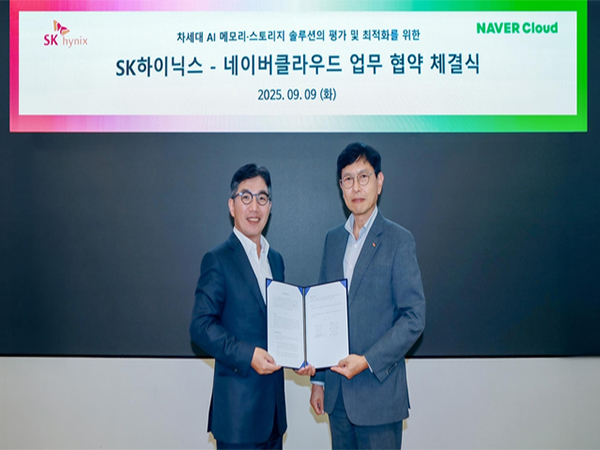Hyderabad (Telangana) [India], July 5 (ANI): Sumita Dawra, Secretary of the Ministry of Labour and Employment said that the labour reforms have been put in place with an eye on ease of doing business adding that the demographic dividend and labour reforms will drive the future growth of India’s economic advancement.
At an event jointly hosted by the Confederation of Indian Industry (CII) and the Employers’ Federation of India (EFI) on Friday, she said, “Our demographic dividend and labour reforms will drive future growth. Now, India’s GDP is about USD 3 trillion and is expected to reach USD 33 trillion by 2047.”
She highlighted the ease of doing business reforms introduced by the Ministry of Labour and Employment, which include decriminalization of labour laws, increasing female workforce participation, social security, and labour welfare that will drive inclusive growth in India.
The session held in Hyderabad attracted over 300 industry representatives eager to engage in critical labour and employment reforms shaping India’s economic landscape.
During her address, Dawra cited data from the Periodic Labour Force Survey (PLFS), revealing the creation of 8 crore new jobs in India over the past five years, largely driven by Global Capability Centres (GCCs) and startups.
She also highlighted the expanding gig economy, estimating it will employ about 2.4 crore people by 2030.
The consolidation of 29 labour laws into four codes was also underscored, alongside the active integration of the National Career Service portal with data from the Ministry of Skills.
Dawra further announced the establishment of a government task force to study the impact of artificial intelligence (AI) on the future of work, emphasizing the need for additional research in this critical area.
Representing the State Labour Department, Sanjay Kumar, Principal Secretary, highlighted Telangana’s efforts to upgrade Industrial Training Institutes (ITIs) into Advanced Training Centres and their adoption by industries.
Sai D Prasad, Chairman of CII Telangana, detailed CII and the Employers Federation of India’s joint efforts to increase women’s workforce participation to 50 per cent.
He noted the establishment of a dedicated task force and the development of a compendium of Best Practices to support this initiative.
Additionally, a task force focusing on Gig & Platform workers was formed to recommend enhancements in social security coverage and align practices internationally.
The session, structured around three thematic areas–Ease of Doing Business, Labour & Employment Reforms; Interaction with Employee State Insurance Corporation (ESIC) & Employees’ Provident Fund Organization (EPFO); and National Career Services Portal (NCS) and India Skills Report–featured presentations on the simplification of labour laws and their impact, aiming to attract investment and foster economic development through streamlined regulations and e-governance initiatives.
EPFO and ESIC officials engaged with participants, presenting their visions for organizational reform and inviting feedback to further streamline compliance processes.
The National Career Service Portal was highlighted as a comprehensive solution for career counselling and employment network integration across India.
CII also announced a partnership with the Ministry of Labour & Employment to establish 100 additional CII Model Career Centres, aimed at connecting job seekers with industry opportunities.
The event saw the presence of key dignitaries including Madhu Damodaran representing EFI, Sunkari Mallesham representing Bharatiya Mazdoor Sangh on the Central Board of EPFO, and several senior officials from EPFO, underscoring the collaborative efforts between government and industry to foster a conducive environment for growth and development. (ANI)
Disclaimer: This story is auto-generated from a syndicated feed of ANI; only the image & headline may have been reworked by News Services Division of World News Network Inc Ltd and Palghar News and Pune News and World News
HINDI, MARATHI, GUJARATI, TAMIL, TELUGU, BENGALI, KANNADA, ORIYA, PUNJABI, URDU, MALAYALAM
For more details and packages
















